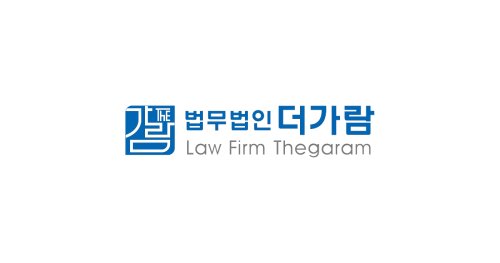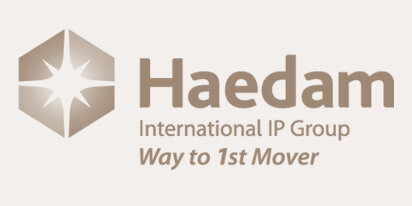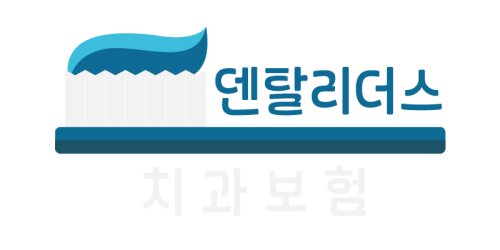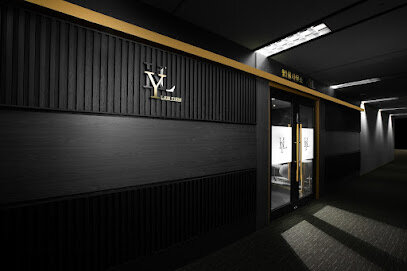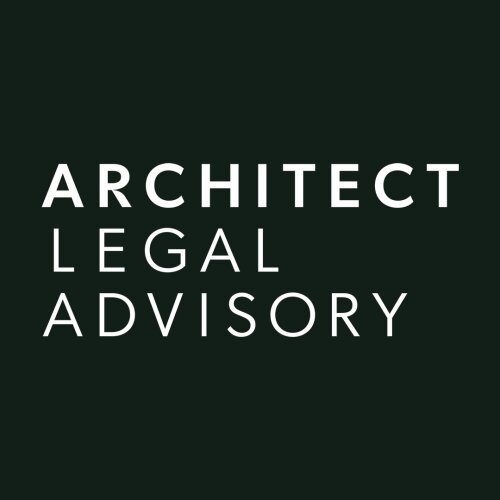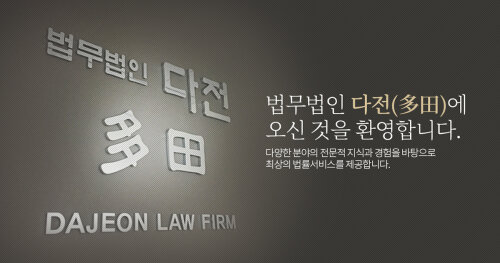Best Antitrust Lawyers in South Korea
Share your needs with us, get contacted by law firms.
Free. Takes 2 min.
Or refine your search by selecting a city:
List of the best lawyers in South Korea
About Antitrust Law in South Korea
Antitrust law in South Korea is primarily governed by the Monopoly Regulation and Fair Trade Act (MRFTA). Enacted to promote fair competition and prevent monopolistic practices, the MRFTA aims to protect consumer interests, ensure a fair marketplace, and encourage economic development. The Korea Fair Trade Commission (KFTC) is the regulatory body responsible for enforcing antitrust legislation and ensuring compliance among businesses operating within South Korea.
Why You May Need a Lawyer
If you're involved in a business dispute that may involve antitrust issues, are planning a merger or acquisition, or are faced with allegations of anti-competitive practices, seeking legal counsel is crucial. A lawyer specializing in antitrust law can help navigate the complexities of compliance, representation during investigations by the KFTC, and defending against any legal actions taken by competitors or regulators. Additionally, businesses expanding into the South Korean market can benefit from legal advice to ensure their operations align with local antitrust laws.
Local Laws Overview
South Korea's antitrust laws cover several key areas:
- Prohibiting abuse of market dominance: Companies with significant market power are restricted from practices that abuse this position, such as predatory pricing or unfair trade practices.
- Preventing cartels: Agreements between competitors to fix prices, limit production, or divide markets are strictly prohibited.
- Regulating mergers and acquisitions: The KFTC reviews mergers and acquisitions to prevent substantial reduction in competition.
- Protecting consumer rights: Ensuring companies do not engage in deceptive practices that harm consumers.
The MRFTA provides a legal framework for addressing these areas, and the KFTC has significant authority to investigate and impose penalties for non-compliance.
Frequently Asked Questions
What is the role of the Korea Fair Trade Commission?
The Korea Fair Trade Commission is the regulatory authority responsible for enforcing antitrust laws. It monitors business practices, investigates violations, and imposes penalties to maintain a competitive market environment.
What constitutes a monopoly under South Korean law?
A monopoly is generally defined as a business entity with substantial market power that can influence market conditions or prices. The KFTC evaluates dominance based on factors like market share and ability to control the market.
Are all mergers subject to KFTC review?
Not all mergers are subject to review; however, those that meet certain thresholds related to sales and asset size typically require KFTC evaluation to ensure they do not limit competition.
Can I report anti-competitive behavior anonymously?
Yes, individuals can report anti-competitive behaviors anonymously to the KFTC. There are provisions to protect the identity of whistleblowers.
What penalties can businesses face for violating antitrust laws?
Penalties can include fines, orders to cease unlawful activities, or even the reversal of mergers. In severe cases, criminal charges may be filed against company executives.
How long does a KFTC investigation typically last?
The length of an investigation can vary widely depending on the complexity of the case, ranging from several months to a few years.
What are some examples of anti-competitive practices?
Examples include price-fixing, collusive bidding, market division, and abuse of a dominant market position to eliminate competitors.
Is there leniency for companies that cooperate with KFTC investigations?
Yes, there is a leniency program where companies that voluntarily report violations and cooperate with investigations may receive reduced penalties or immunity.
How is consumer protection related to antitrust laws?
Antitrust laws aim to prevent practices that harm consumer interests, such as price-gouging or deceptive advertisements, thereby protecting consumers and ensuring fair competition.
What should I do if my business is accused of anti-competitive behavior?
Seek immediate legal counsel to understand your rights and obligations, and prepare to cooperate with any investigations conducted by the KFTC.
Additional Resources
For more information and assistance, consider the following resources:
- Korea Fair Trade Commission: The primary body overseeing antitrust regulations in South Korea.
- Legal firms specializing in antitrust law: Professional legal services can offer tailored advice and representation.
- Business associations: Organizations such as the Korea International Trade Association (KITA) can provide guidance and support for businesses operating in South Korea.
Next Steps
If you need legal assistance regarding antitrust matters, consider these steps:
- Consult with a lawyer specializing in South Korean antitrust law to evaluate your situation and discuss potential strategies.
- Document any relevant actions or communications within your business that relate to the issue.
- Stay informed about updates to the MRFTA and KFTC regulations to ensure ongoing compliance.
- If facing an investigation, maintain open communication with legal advisors and prepare to provide necessary documentation to the KFTC.
Lawzana helps you find the best lawyers and law firms in South Korea through a curated and pre-screened list of qualified legal professionals. Our platform offers rankings and detailed profiles of attorneys and law firms, allowing you to compare based on practice areas, including Antitrust, experience, and client feedback.
Each profile includes a description of the firm's areas of practice, client reviews, team members and partners, year of establishment, spoken languages, office locations, contact information, social media presence, and any published articles or resources. Most firms on our platform speak English and are experienced in both local and international legal matters.
Get a quote from top-rated law firms in South Korea — quickly, securely, and without unnecessary hassle.
Disclaimer:
The information provided on this page is for general informational purposes only and does not constitute legal advice. While we strive to ensure the accuracy and relevance of the content, legal information may change over time, and interpretations of the law can vary. You should always consult with a qualified legal professional for advice specific to your situation.
We disclaim all liability for actions taken or not taken based on the content of this page. If you believe any information is incorrect or outdated, please contact us, and we will review and update it where appropriate.
Browse antitrust law firms by city in South Korea
Refine your search by selecting a city.



